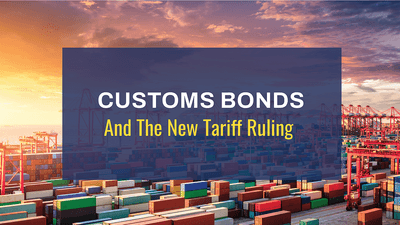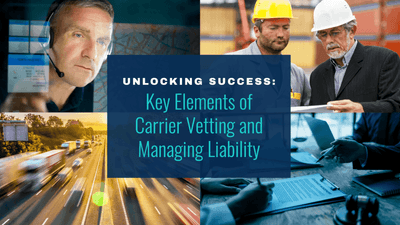June 29, 2015 | Industry Insights
How the Additional Insured Clause Works in a Policy

An additional insured clause is attached to a third-party liability policy for the purpose of extending the coverage provided by that policy to the party named in the clause. An additional insured clause is commonly requested along with evidence of various types of insurance in conjunction with a contract or agreement.
For example, Party A leases office space from Party B. Party B requests that an additional insured clause be attached to Party A’s commercial general liability policy in favor of Party B. An individual slips in the building, breaks an ankle, and subsequently files a claim against both Party A as the tenant and Party B as the building owner. Party A’s policy will defend and/or pay the claim on behalf of both parties.
In the example shown above, the claim presented is for bodily injury to a third party caused by alleged negligence on the part of the tenant and the building owner. This is clearly a covered claim on a commercial general liability policy.
Frequently, at Roanoke Insurance Group, we are asked to provide additional insured status to the customer of our client on a legal liability or professional liability policy. This is neither practical nor possible based on the nature of these types of coverage.
Let’s say that a freight forwarder operates a warehouse in which they store cargo for their customers based on the terms of a warehouse receipt. Customer X asks to be named as an additional insured on the warehouse legal liability policy. If cargo is stolen from the warehouse, is it likely that Customer X will be held liable along with the freight forwarder by other customers? Not at all. Customer X is not a party to the agreement between the freight forwarder and its other customers.
Further, Customer X now cannot recover a claim against the legal liability policy because they are listed as an insured on that policy. Most policies contain an “Insured vs. Insured exclusion”, stating that the policy will not cover claims made by one insured against another.
Now put this scenario to the test with a professional liability or errors & omissions policy. A company maintains errors & omissions coverage for its professional activities as a customs broker. The company’s largest client, Customer Y, asks to be named as additional insured on the E&O policy. Does Customer Y ever act in the capacity of a customs broker? If not, why would they ever need protection as an insured under an E&O policy covering that activity? In fact, if Customer Y sues the customs broker for a failure to perform its professional services, the E&O policy would not respond, because Customer Y is an insured under that policy.
It is prudent for your customers to ask for evidence of insurance showing that you can pay claims if they occur. However, you may need to educate them about the negative impact an additional insured clause can have if used incorrectly. The professionals at Roanoke Insurance Group are available to discuss this important insurance issue in more detail. Please contact us at 1-800-ROANOKE (800-762-6653).













